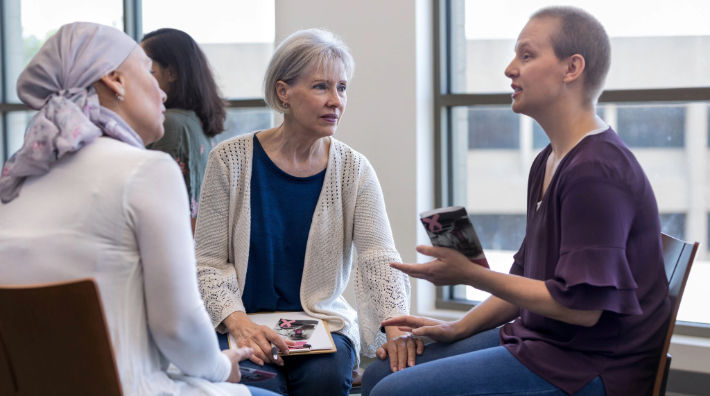Cancer Connections
Cancer News, Stories, and Conversations
Our team of experts brings you cancer-related news, features, and survivor stories.
Published on: February 25, 2026
As cancer patients survive longer because of better treatments, they may be more likely to die of something else, including heart disease. There are often ways to help lower the risk.
Published on: February 13, 2026
Online sources can help you learn about cancer, but not everything is trustworthy. Find out how to find reliable information that’s based on science.
Published on: February 5, 2026
The risks of hormone replacement therapy (HRT) depend on your personal health history. Get more information about which factors affect those risks.
Published on: February 4, 2026
After surviving cervical cancer, Danielle Massi turned her diagnosis into action, sharing her story to inspire others to advance cancer research.
Published on: January 22, 2026
This testing option for cervical cancer allows people to collect their own samples at a doctor’s office or at home. Learn more about cervical self-collection.
Published on: January 9, 2026
For cancer survivors, supporting others can offer a sense of purpose. Find out more about ways to get involved, including volunteering and fundraising.
Published on: December 17, 2025
Keeping old medication can be a safety risk for people and pets. Learn how to safely get rid of unused medication, including cancer treatment drugs.
Published on: December 10, 2025
Hearing your cancer has returned can cause many concerns. Use these questions to guide your conversation with your doctor.











